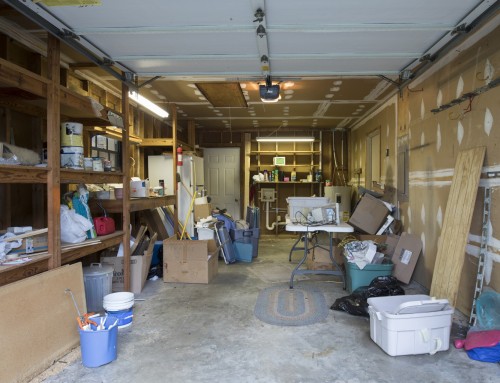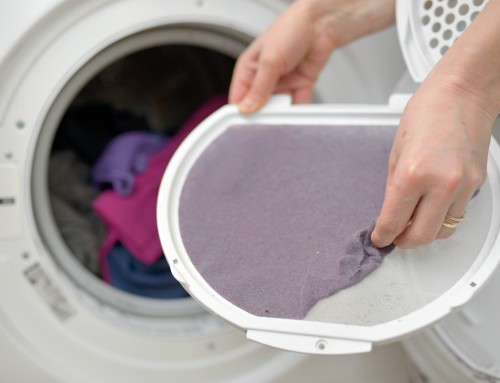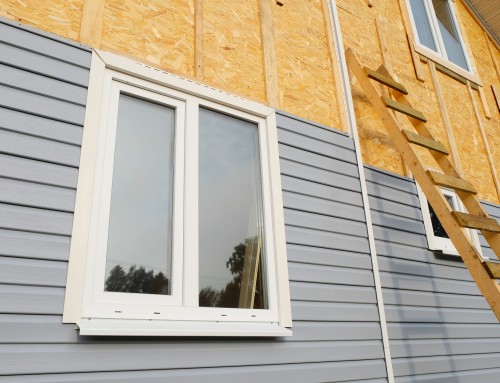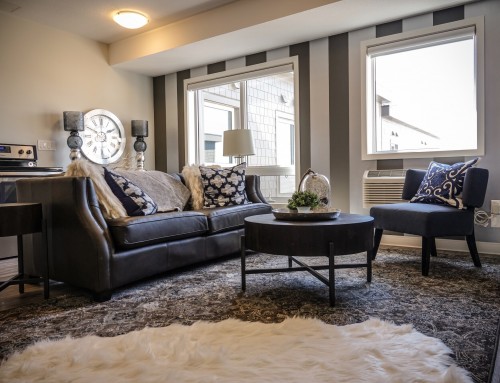Buying a home is one of the most effective ways for Americans to build wealth. Once you buy, you cease to have rent payments and start paying into your mortgage. On top of that, your home will likely build equity and leave you with more money than you had.
A lot of people want to buy homes but the thing is, the process is pretty intimidating. Additionally, there are some barriers to entry that have to get figured out before you can pick up the key. One of those barriers is getting your first mortgage.
We’re going to talk about how to get approved for a mortgage in this article, hopefully taking away some of the stress that you might be feeling. Let’s get started:
How to Land Your First Mortgage
The idea of engaging in a serious financial agreement could be a little scary to you if you haven’t done it before. It’s important to be cautious and thoughtful when you make huge financial decisions, but the process is longstanding and understandable.
In other words, there are ways that you can understand the mortgage process and approach it in a safe way. Brush up on ideas like APR and interest rates so that you have an idea of what your bank is talking about when discussing mortgage loans.
There are bound to be ideas that you aren’t familiar with as well. Banks and financial institutions are chock-full acronyms, funny little names, and words that seem like secret code.
Take your time, ask questions, and don’t feel pressured to just go with the flow. This is your financial health and mortgage we’re talking about, so there’s no reason that you should feel in the dark about any of the ideas. If the professionals you work with can’t respect your pace, it might be time to find some new people to work with.
In the grand scheme, the particulars of the mortgage process aren’t what you should start with. Your journey should start with an idea of how to prepare yourself to receive the best mortgage possible, and that takes a little effort.
Getting your financial portfolio into shape is the toughest part of the whole process. Let’s take a look at some of the things you should be doing before you seek a mortgage.
Understand and Improve Your Credit
First-time home-buyers aren’t always gifted with the best credit. Maybe you just haven’t had the time to develop your credit, or maybe you had a little issue with some credit cards in the past that you’re still recovering from.
Whatever your current situation, go online and check your credit score to examine your number and the factors that make it what it is. See if there are any outstanding payments you’ve forgotten or loans that you might be able to chip away at to improve your score.
On the other end, ask yourself if there are some simple things you could do to boost your score. One effective way to improve credit is to take out a credit card, use it once a month for gas or food, and pay it off immediately after using it.
You don’t have to be a big spender for a credit card to harm your credit. You just have to use the card and make your payments on time. Keep that up, and your score will improve.
A great credit score will show lenders that you’re reliable and your APR should go down significantly.
Start Building a Down Payment
Most mortgages require that you offer some sort of downpayment. The amount you give is a percentage of the home’s value, and it has to be offered up-front.
Depending on the value of the house you want and the institution you work with, this number could vary a lot. Some banks offer first-time buyers a really low down payment amount to help them get started. You might find percentages as low as 3 to 6 percent of the home’s value.
Regardless of whether you get a low downpayment rate, though, that’s still a significant amount of money. A lot of people don’t have 5 or 10 thousand dollars lying around to invest in a home.
So, your home-buying process should start a year or two in advance if it has to. Begin by saving money, plain and simple. Maybe you tuck away 10 percent of your paycheck, maybe even more.
The more money that you have to put forward into the down payment, the better your rates will be and you’ll have lower monthly payments. You can rest easy knowing that all of the money you put into the down payment will end up coming back to you if you sell the house.
Work with The Professionals
There are some ways you could go about getting a mortgage without the help of a couple of professionals on your side, but it’s unwise to do so.
Speaking with financial planners and other experts can help you figure out how to find the right mortgage lender for your particular needs. There are a lot of options out there, and some people have the sole job of helping individuals through the home-buying process.
You might think it costs too much to work with a planner in buying a home, but you can almost guarantee that they will save you much more than they cost. Fees, headaches, setbacks, not to mention improved long-term rates and costs can all be reduced with the help of the right people on your side.
All in all, the process doesn’t have to be as difficult as it seems. Everything gets smoother when you work on your credit and start chipping away at a solid down payment.
Need More Financial Tips?
Hopefully, the process of taking out your first mortgage is improved by the mortgage tips above. There’s a lot more information that could help smooth things over, though, and we’re here to help.
Explore our site for access to more information about managing your finances and putting them toward a beautiful home.











